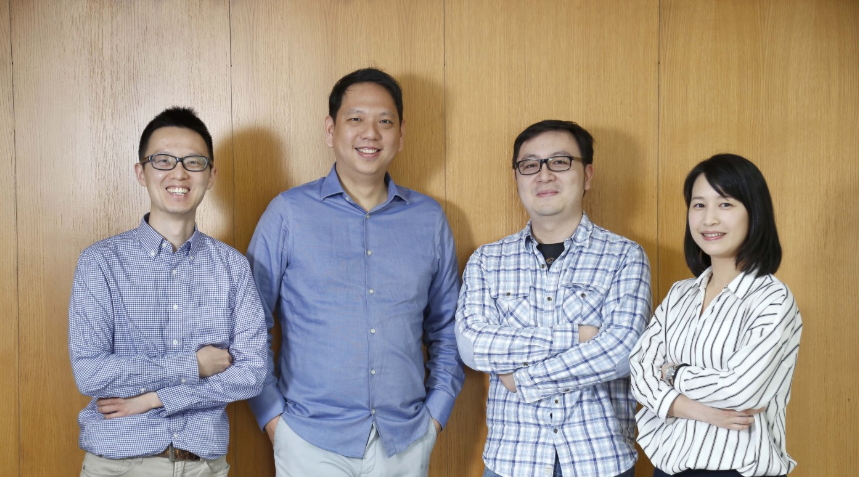Taiwanese Biotechnology Entrepreneur Developing Immunotherapy for Fighting Cancer

A Taiwanese biochemistry entrepreneur plans to fight cancer using patented immunotherapy technology.
Sonny Hsiao’s 8-year-old firm Acepodia, Inc., which has offices in Taipei and California, says on its website it is developing antibody cell conjugation, a method of attaching antibodies directly to immune cells as a way of creating anti-cancer T-cell therapies. Acepodia’s result is called ACE-T.
Acepodia describes its invention as “armed” receptors that make T-cells to combat cancer cells, according to a press statement.
The therapy, though not yet clinically proven, shows through lab experiments the potential to be more effective than current therapies, Hsiao said. It will be clinically tested next year, according to a Business Next report.
Doctors normally prescribe chemotherapy and radiation therapy for cancers in advanced stages. These treatments usually come with side effects such as hair loss, nausea and abnormal blood cell counts. The T-cell therapy could become an alternative treatment for lung cancer, breast cancer, endometrial cancer and ovarian cancer.
Acepodia’s T-cell therapy process should take two to three hours on a cancer patient, Hsiao said.
The former chemistry Ph.D. from the University of California Berkeley believes that startups have what it takes to fight cancer with T cell therapy. “I think startups should be extremely effective at fighting and should always remember our goals and visions,” said Hsiao in a report, recalling the years when Acepodia itself was just starting.
Hsiao also received a chemical engineering degree at National Taiwan University. He co-founded Acepodia with Matthew Francis, a professor of chemistry and executive associate dean in the college of chemistry at UC Berkeley.
The company staff has doubled to 12 people since its founding and set up R&D teams in California as well as Taipei.
The company has joined researchers for animal testing and evaluation at hospital labs, including those at Stanford University and U.C. Berkeley, said Hsiao.
He added that the company is looking forward to using the staff and laboratories of Taiwanese hospitals to advance his therapy among local medical practitioners.
Acepodia faces competition from established players such as cancer-drug maker Gilead Sciences and its subsidiary Kite Pharma, a California-based cancer-immunotherapy biotech.
Hsiao’s firm raised more than US$33 million in series A funding from several Silicon Valley-based venture capitalists in 2015. Part of the funds will be used to prepare ACE-T for the clinical trials.
Four years ago, the company also received a US$350,000 National Cancer Institute grant for cancer research, Acepodia’s website says.
〔Original :Meet Startup @ TW〕https://meet.bnext.com.tw/intl/articles/view/42996